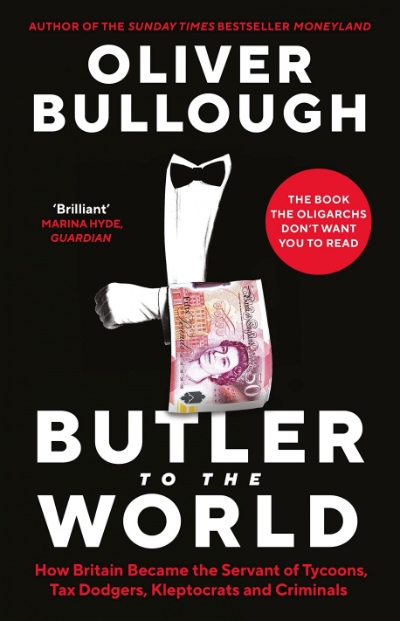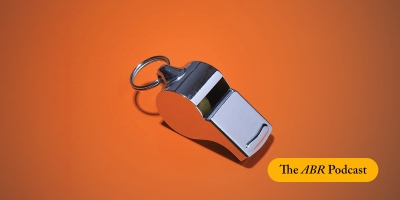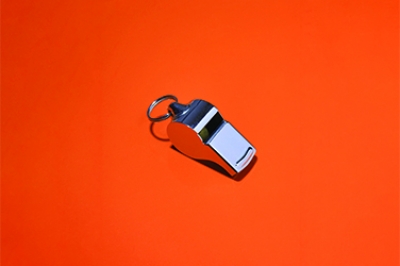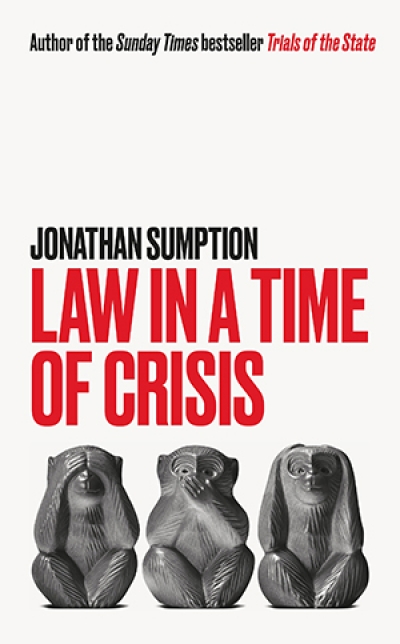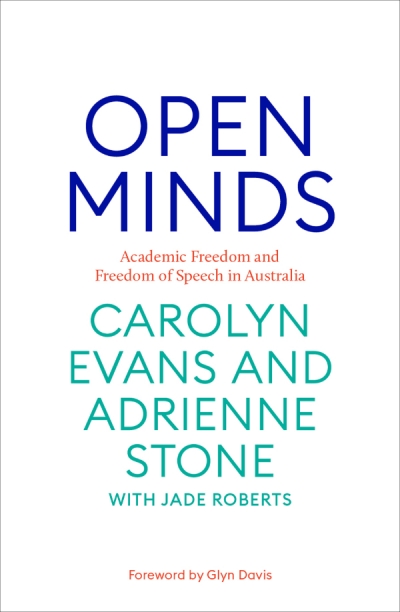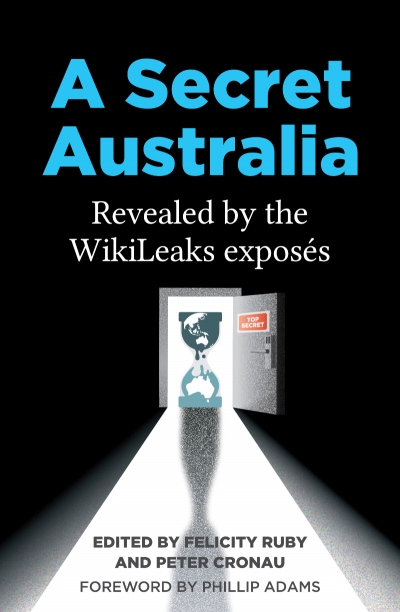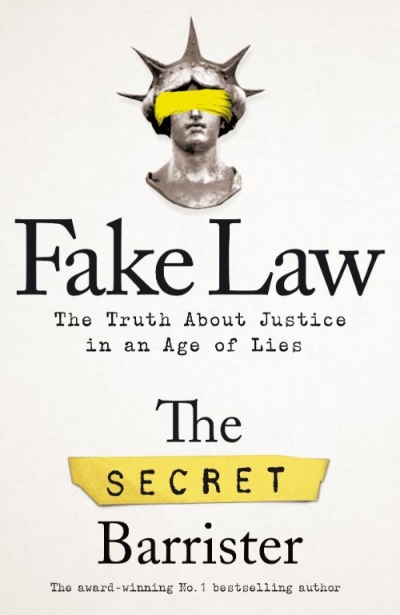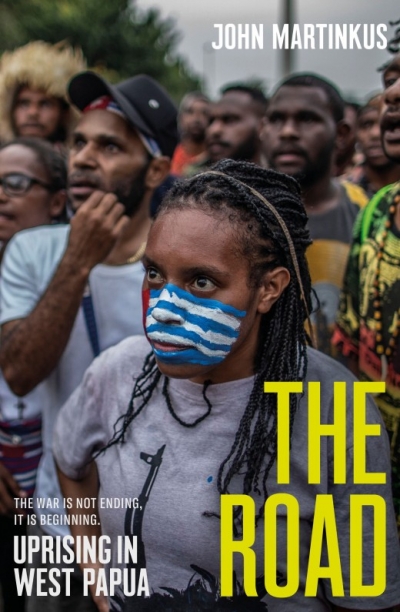Kieran Pender
August in Kabul: America’s last days in Afghanistan by Andrew Quilty
Butler to the World: How Britain became the servant of tycoons, tax dodgers, kleptocrats and criminals by Oliver Bullough
In an age of disinformation, whistleblowers such as Julian Assange and Edward Snowden have been accorded the status of folk heroes. And yet, as their respective cases show, no other act of public service is harried as ruthlessly and vindictively by governments whose secrets have been aired. In this episode of The ABR Podcast, listen to Kieran Pender read his cover feature for the April issue, in which he argues for stronger whistleblower protections by examining the case of Bernard Collaery.
... (read more)On the first day of March this year, Scott Morrison declared his commitment to democratic principles. ‘My government will never be backward when it comes to standing up for Australia’s national interests and standing up for liberal democracy in today’s world,’ the prime minister told reporters. ‘We can’t be absent when it comes to standing up for those important principles.’ It was a deeply hypocritical statement from a leader who has overseen raids on journalists, the prosecution of whistleblowers, and the degradation of transparency mechanisms at the heart of our democracy. Standing up for important democratic principles is just about the opposite of what the Morrison government has done, domestically at least, in recent years. The secrecy-shrouded prosecution of Bernard Collaery makes that abundantly clear.
... (read more)Open Minds: Academic freedom and freedom of speech in Australia by Carolyn Evans and Adrienne Stone with Jade Roberts
A Secret Australia: Revealed by the WikiLeaks exposés edited by Felicity Ruby and Peter Cronau
Fake Law: The truth about justice in an age of lies by The Secret Barrister
The Road by John Martinkus & Too Close to Ignore edited by Mark Moran and Jodie Curth-Bibb
There is a senior partner at my firm who famously harasses young women particularly when he has been drinking at social events. I was groped on two separate occasions. Nothing was done about it the first time I reported it. I did not report it the second time.
... (read more)

